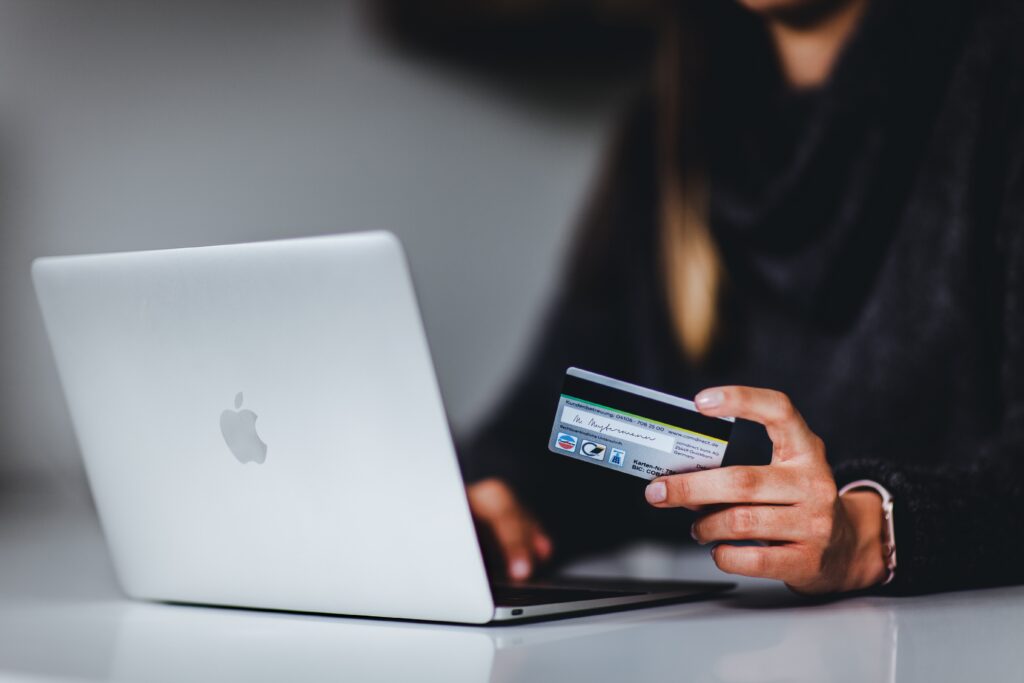
BY: Savanna Pruitt
According to the U.S. Government Accountability Office, “one-third of students had credit cards before they entered college, and another 46 percent acquired them during the first year.” Unfortunately, lots of college students get credit cards without knowing the proper way to use them and end up in financial trouble. If you’re a college student, here are a few basics you need to be aware of if you’re planning on using a credit card.
1. Don’t sign up for a credit card for the free swag. It can be tempting to fill out a quick credit application form at a mall kiosk in exchange for a cool t-shirt or some other prize. Don’t let “free” gifts persuade you to sign up for a credit card— you’ll usually end up paying for them in the long run in the form of fees and interest.
2. Research credit card options before choosing one. All credit cards are not the same, so it’s important that you really do your research before applying for one. Make sure you thoroughly read each card’s terms and conditions, consider the interest rates, and take note of any special features or perks. NerdWallet is a great resource for college students who aren’t sure where to start when it comes to choosing the right credit card.
3. Consider a student credit card. There are credit cards out there that are specifically designed for college students. These student credit cards usually don’t require much credit history if any at all, so they’re great for first-time credit cardholders. One thing to keep in mind is that a student credit card may have a lower credit limit and fewer perks than a regular one.
4. Don’t spend more than you can afford to pay. It’s almost too easy to swipe a credit card without really thinking about how you’re going to pay it off later. If you make a habit of this, though, you’ll likely end up with a balance that’s out of control. Plus, you’ll end up paying more for your purchases in the long run as interest grows with the carried balance. Avoid this problem altogether by only using your credit card on purchases that you can actually afford to pay for in full.
5. Avoid maxing out your credit limit. Hitting your credit limit usually starts a vicious cycle of fees, making it even harder than it already is to pay off what you owe. The Balance suggests staying within 10-30% of your credit limit if you want to play it safe.
6. Make your payments on time each month. It’s incredibly important that you make your credit card payments on time each month. If you don’t, you run the risk of paying extra fees and damaging your credit score. One of the easiest ways to avoid this issue is by setting up an automatic payment each month.
7. Keep an eye on your credit report. Monitoring your credit report will help you stay updated on your credit score and will alert you to possible fraud when and if it occurs. Anyone can access their credit report at no charge once per year via Annual Credit Report. There are also several paid services such as Experian that you can use to monitor your credit and check your credit report.
